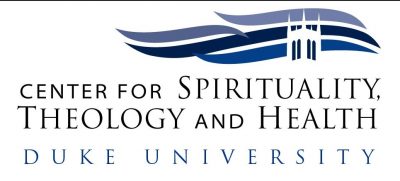 Associate Director, Center for Spirituality, Theology and Health
Associate Director, Center for Spirituality, Theology and Health
Professor of Sociology
Associate Director, Center for the Study of Aging and Human Development
B.A. Miami University of Ohio
M.A. Miami University of Ohio
Ph.D. Duke university
Linda George is Professor of Sociology, Professor of Psychology: Health and Social, and Professor of Psychiatry and Behavioral Sciences at Duke University. She also serves as Associate Director for the Center for the Study of Aging and Human Development and is a Core Faculty Member of the Duke University Institute for Care at the End of Life, which is based at Duke Divinity School. Professor George did her undergraduate work at Miami University, her doctoral work at Duke University, and a postdoctoral fellowship at Duke University Medical Center. She is the author/editor of seven books, more than 200 journal articles, and more than 80 book chapters. She is co-editor of the Handbook on Aging and the Social Sciences (third – fifth editions). She publishes regularly in journals in the areas of aging, psychiatry, and health. Her major research interests include social factors and depression; the effects of stress and coping, especially the stress of caring for an impaired family member; the relationship between religion and health; and the effects of beliefs and expectations on health. Dr. George is past President of the Gerontological Society of America and former editor of the Social Sciences section of the Journal of Gerontology. She is currently Chair of the Aging and Life Course Section for the American Sociological Association, where she also serves as Secretary-Treasurer of the Medical Sociology Section. She has served on three National Institute on Aging study sections and was a member of the Board of Advisors (North America) for the John Templeton Foundation. Among her awards are Phi Beta Kappa, the Mentorship Award of the Behavioral and Social Sciences Section of the Gerontological Society of America, the Trinity College (Duke University) Distinguished Teaching Award, and the John Templeton Prize (1998 and 1999) for Exemplary Papers at the Interface of Science and Human Values.
